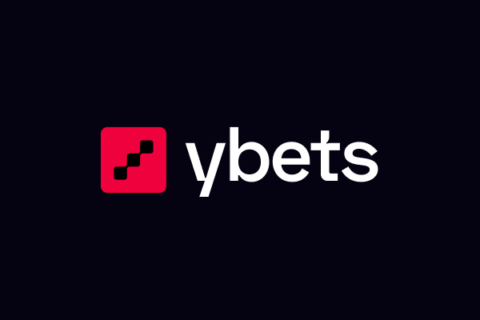Bovada Slowly Exiting West Virginia iGaming Market Following Ban

Three weeks ago, the West Virginia Lottery Commission took a significant step in its ongoing efforts to regulate online gambling within the state. The commission sent a cease-and-desist letter to Harp Media B.V., the parent company of the sportsbook and casino brand Bovada. The letter stressed that Bovada was in violation of West Virginia law and gave the company 14 days to comply or face legal action.
John Myers, the director of the West Virginia Lottery, confirmed to SBC Americas that Bovada has since added West Virginia to its list of restricted states for gaming accounts. However, he noted that the company’s Terms and Conditions do not yet reflect this change. Myers also revealed that some accounts have been disabled and that account holders are being notified to contact customer service.
The West Virginia Lottery is not alone in its efforts to crack down on offshore and unregulated operators. Bovada now restricts access in eight states: Colorado, Delaware, Maryland, Michigan, Nevada, New Jersey, New York, West Virginia. The Michigan Gaming Control Board was the first U.S. regulator in 2024 to issue a cease-and-desist letter to Bovada. Despite missing the 14-day deadline to halt operations in the state, Bovada ultimately took action to prevent new sign-ups.
Colorado also sent a cease-and-desist letter in June, and Bovada has since gone offline in that state. Meanwhile, the Connecticut Department of Consumer Protection’s gaming division sent its own cease-and-desist letter to Bovada in June for violating the state’s General Statutes and violating the Connecticut Unfair Trade Practices Act. Despite this, Bovada appears to be still fully operational in Connecticut this week, over a month after the notice was sent.
The Massachusetts Gaming Commission is also considering a ban on Bovada. Last month, the MGC discussed sending a cease-and-desist letter to the operator and could discuss taking legal action against it for not acting in a timely manner.
Myers suggested last week that the West Virginia Lottery could also take similar action against other unlicensed operators. He wrote on July 12 that Bovada’s gaming operations violate state laws because they include the three elements of a wager: consideration, chance and prize. Myers warned that any gaming operator operating without a license in the state poses a risk to players and licensees.
The gambling industry is undergoing a period of significant transformation, with a growing emphasis on responsible gaming, consumer protection, and tax compliance. While the challenges posed by offshore operators persist, the overall trend is towards a regulated and responsible online gaming market in the US.
- Other news categories:
- SlotsUp's news





